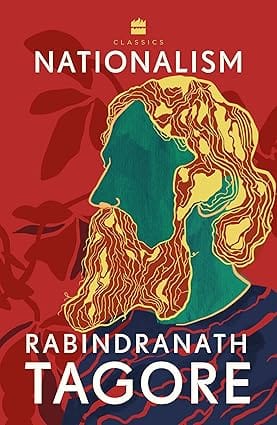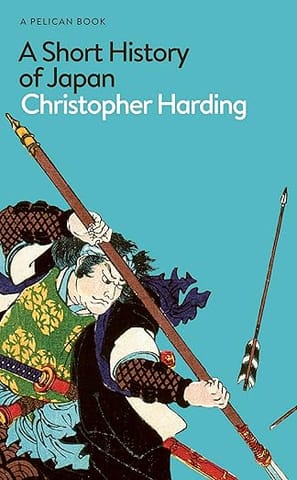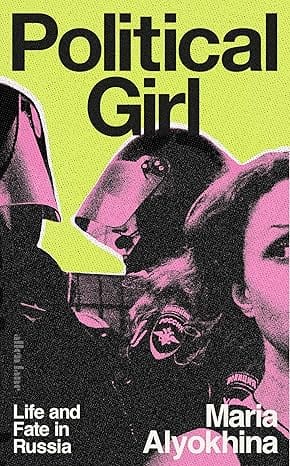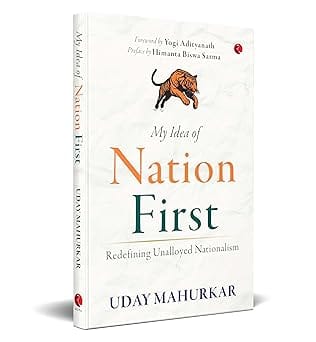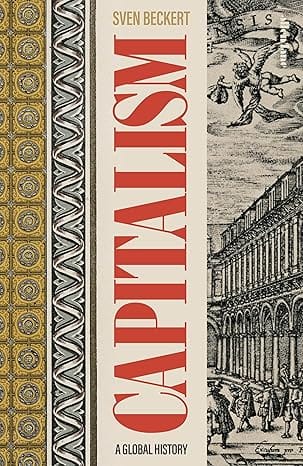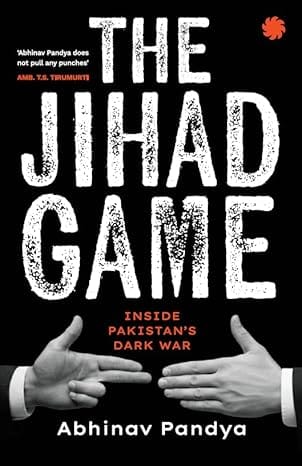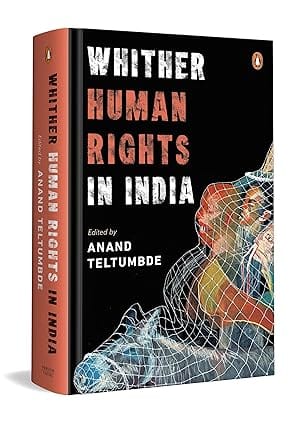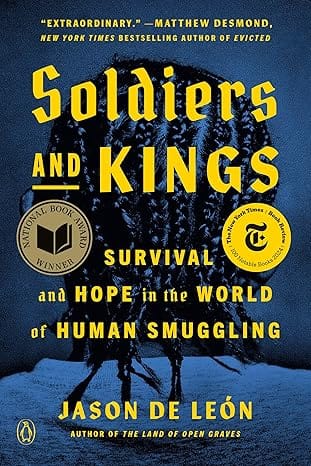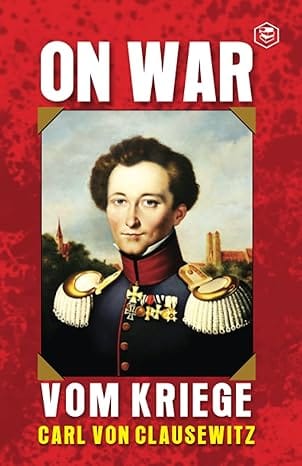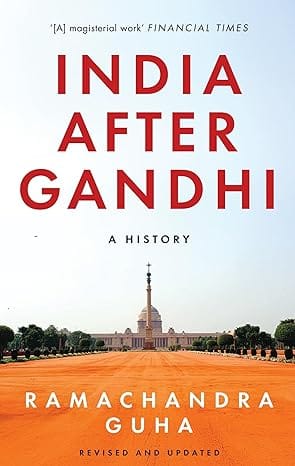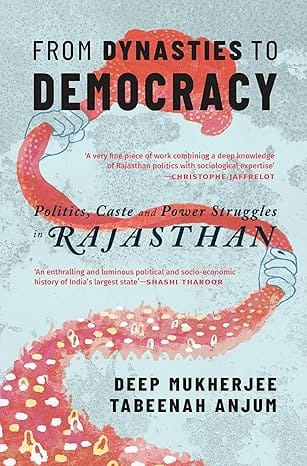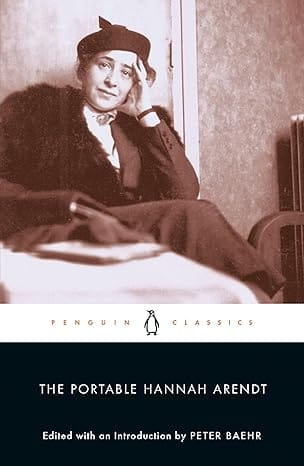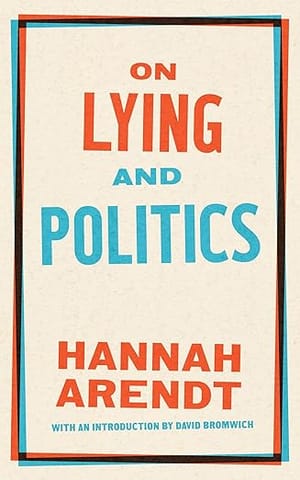-
Non-ficton
- Non-ficton
-
Contemporary Fiction
- Contemporary Fiction
-
Children
- Children
-
Comics & Graphic Novels
- Comics & Graphic Novels
-
Non-Fiction
- Non-Fiction
-
Fiction
- Fiction
... living bonds of society are breaking up, and giving place to merely mechanical organization.
During the First World War, Tagore's lectures in Japan and the US critiquing the idea of the nation-state led to a mixed response. While the nations of Europe were battling each other, Tagore urged his audiences to eschew political aggressiveness and cultural arrogance, and cautioned against imperialistic tendencies, xenophobia and sectarianism. He believed that a nation's growth must be all-inclusive and a synthesis of tradition and modernity. In fact, he proposed that the definition of nationalism in India be based on the works of medieval mystics, poets and spiritual figures, such as Guru Nanak, Sant Kabir Das and Chaitanya Mahaprabhu.
Through the essays in Nationalism, based on his lectures during the First World War, Tagore advocates the need to transcend territorial boundaries and embrace a philosophy of spiritual emancipation for both the nation and its people.
About the Author
diaries and two autobiographies. He also left numerous drawings and paintings, and songs for which he wrote the music himself. He was the composer of the national anthem of independent India and Bangladesh. He was born in Calcutta, travelled around the world, and was knighted
in 1915. He gave up his knighthood after the Jallianwala Bagh massacre in 1919.
Among his many works are Manasi (1890), Sonar Tari (1894), Gitanjali (1910), Gitimalya (1914), Balaka (1916), The Gardener (1913), Fruit-Gathering (1916), The Fugitive (1921), Raja (1910), Dakghar (1912), Achalayatan (1912), Muktadhara (1922), Raktakaravi (1926), Gora (1910), Ghare-Baire (1916) and Yogayog (1929).
Nationalism
SIZE GUIDE
- ISBN: 9789362139306
- Author: Rabindranath Tagore
- Publisher: Harper Collins
- Pages: 116
- Format: Paperback
Book Description
... living bonds of society are breaking up, and giving place to merely mechanical organization.
During the First World War, Tagore's lectures in Japan and the US critiquing the idea of the nation-state led to a mixed response. While the nations of Europe were battling each other, Tagore urged his audiences to eschew political aggressiveness and cultural arrogance, and cautioned against imperialistic tendencies, xenophobia and sectarianism. He believed that a nation's growth must be all-inclusive and a synthesis of tradition and modernity. In fact, he proposed that the definition of nationalism in India be based on the works of medieval mystics, poets and spiritual figures, such as Guru Nanak, Sant Kabir Das and Chaitanya Mahaprabhu.
Through the essays in Nationalism, based on his lectures during the First World War, Tagore advocates the need to transcend territorial boundaries and embrace a philosophy of spiritual emancipation for both the nation and its people.
About the Author
diaries and two autobiographies. He also left numerous drawings and paintings, and songs for which he wrote the music himself. He was the composer of the national anthem of independent India and Bangladesh. He was born in Calcutta, travelled around the world, and was knighted
in 1915. He gave up his knighthood after the Jallianwala Bagh massacre in 1919.
Among his many works are Manasi (1890), Sonar Tari (1894), Gitanjali (1910), Gitimalya (1914), Balaka (1916), The Gardener (1913), Fruit-Gathering (1916), The Fugitive (1921), Raja (1910), Dakghar (1912), Achalayatan (1912), Muktadhara (1922), Raktakaravi (1926), Gora (1910), Ghare-Baire (1916) and Yogayog (1929).
Related Books
User reviews
NEWSLETTER
Subscribe to get Email Updates!
Thanks for subscribing.
Your response has been recorded.

India's Iconic & Independent Book Store offering a vast selection of books across a variety of genres Since 1978.
"We Believe In The Power of Books" Our mission is to make books accessible to everyone, and to cultivate a culture of reading and learning. We strive to provide a wide range of books, from classic literature, sci-fi and fantasy, to graphic novels, biographies and self-help books, so that everyone can find something to read.
Whether you’re looking for your next great read, a gift for someone special, or just browsing, Midland is here to make your book-buying experience easy and enjoyable.
We are shipping pan India and across the world.
For Bulk Order / Corporate Gifting
 +91 9818282497 |
+91 9818282497 |  [email protected]
[email protected]
Click To Know More
INFORMATION
POLICIES
ACCOUNT
QUICK LINKS
ADDRESS
Shop No.20, Aurobindo Palace Market, Near Church, New Delhi

